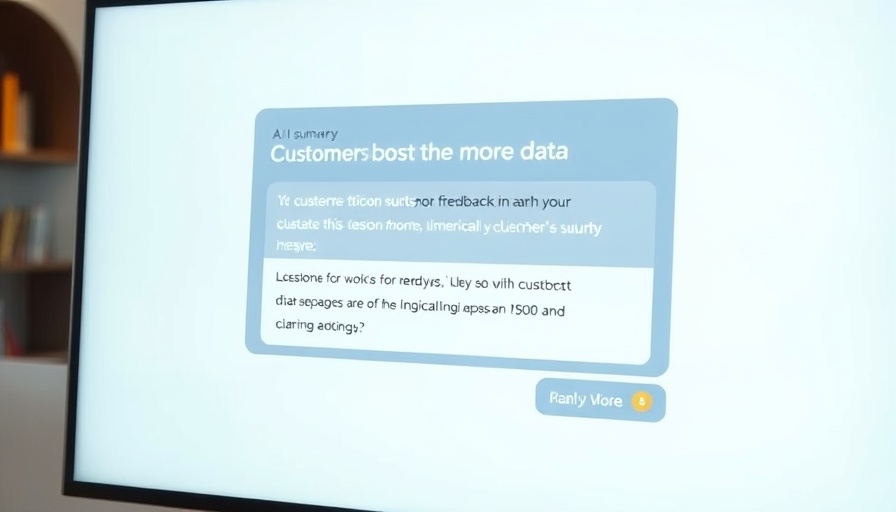
Ramp Launches Groundbreaking AI Agents for Financial Controllers
In an era where efficiency is paramount, financial operations platform Ramp has introduced cutting-edge AI agents tailored specifically for company controllers. This innovative tool is not just a neat tech gadget; it promises a revolution in how finance teams manage expenditures. Aimed at automating routine tasks such as enforcing company expense policies and preventing unauthorized spending, these AI agents represent the first wave in a series intended for rollout throughout 2025.
Transforming a Manual Landscape
As executive teams grapple with increasing demands yet decreasing budgets, the manual nature of finance functions has become glaring. Ramp emphasized that teams using traditional platforms are pouring up to 70% of their time into mundane activities like expense reviews and compliance audits. The situation has led to a staggering 59% of professionals in controllership roles reporting multiple errors each month. The introduction of Ramp’s AI agents aims to alleviate these burdens by automating these repetitive tasks—effectively freeing human resources for more strategic initiatives.
AI with Agency: What Does It Mean?
What sets Ramp's AI agents apart is their ability to not only follow programmed rules but also to reason and act on behalf of finance teams. This new breed of AI can manage workflows autonomously, applying context-aware decision-making that adapts to company-specific needs. It’s not just about automation; it's about agentic AI making real-time decisions to enforce spending policies across the organization.
The Promise and Peril of Autonomous AI
While the potential for autonomous AI is immense, many companies are hesitant to embrace it fully. According to the latest PYMNTS report, this apprehension primarily stems from concerns about accountability and compliance. Many executives worry about trusting not only the outputs these systems generate but also the underlying decision-making processes. The report found that 80% of high-automation firms list data security and privacy as their top concerns. As these decision-making processes hinge on trust, it is evident that the road to widespread adoption will be paved with both technological advancements and cultural shifts within organizations.
A Window into the Future of Financial Operations
The financial sector is rapidly evolving, and AI technologies are at the helm of this transformation. Companies that successfully integrate AI into their finance functions may find themselves at a competitive advantage, optimizing their operational efficiency while minimizing human error. It’s no longer merely about enhancing processes; it’s a paradigm shift in how financial tasks are approached.
As business owners generating $2M–$10M+ in revenue look to scale operations, embracing latest technologies like Ramp's AI agents can drive efficiency and a sharper focus on strategic actions. Witnessing this change shouldn't come with blind faith; understanding the capabilities and limitations of AI will enable companies to make informed decisions that align with both their operational goals and risk management strategies.
Final Thoughts: Embrace the Evolution
As the financial landscape transforms with rapidly advancing technologies, from the rise of digital currency to risks in the fintech space, it’s crucial for businesses to stay informed. Understanding new trends allows for better preparation in adopting innovative solutions that can enhance operational capabilities.
Are you ready to explore AI's place in your business strategy? Understanding the role of these technologies today could translate into tomorrow's successes. Stay ahead of the curve by staying informed and adopting solutions that enhance your company's operational infrastructure.
 Add Row
Add Row  Add
Add 



Write A Comment